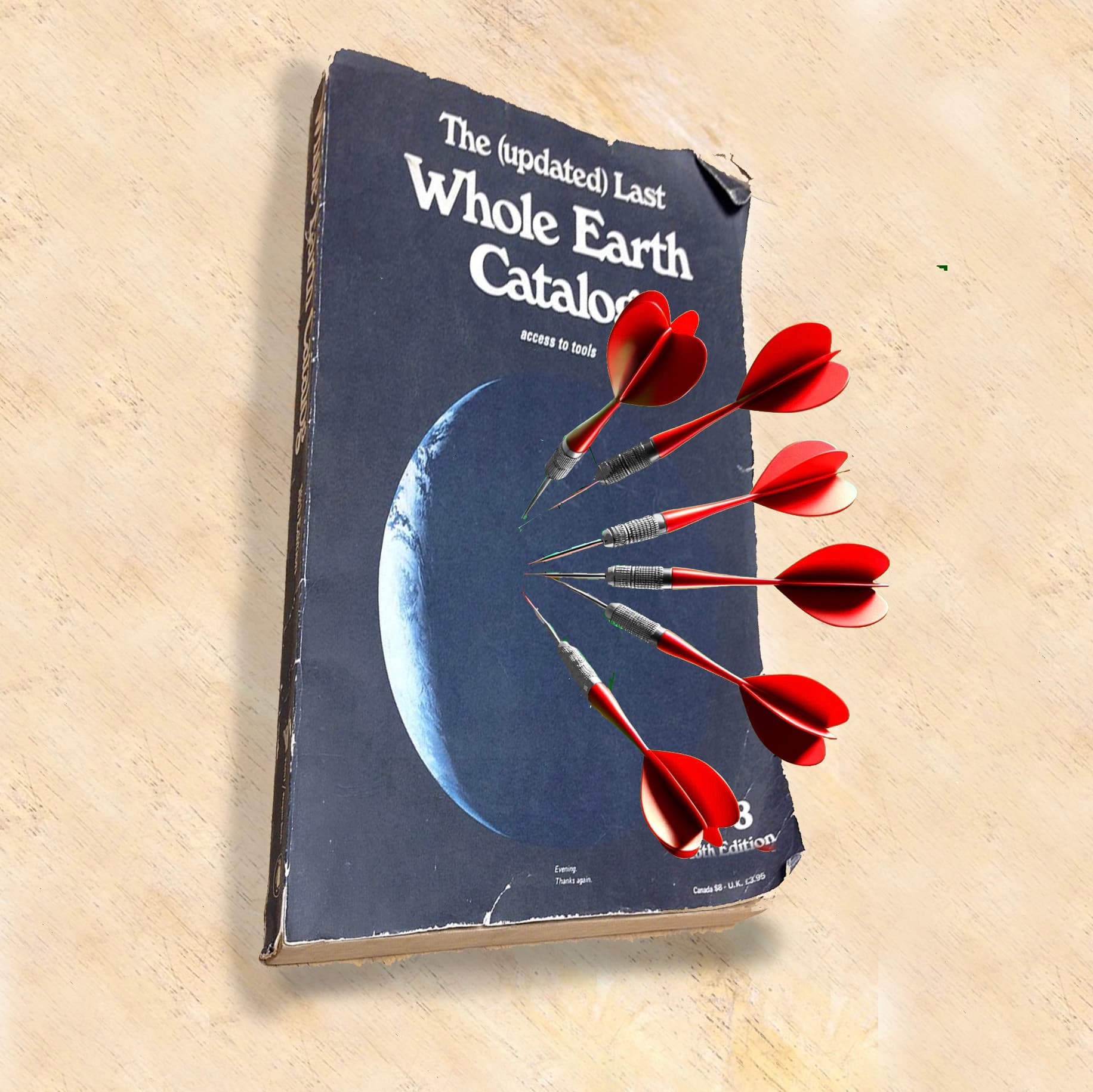When My Invention Got a Nasty Rejection

It was 35 years ago but I'm still elevated about the rejection letter we got from the tool reviewer at the Whole Earth Catalog.
Our product, the SqueezeDriver, seemed like a perfect fit. Whole Earth was a crunchy granola pro-environment publication and the SqueezeDriver was mechanical and wouldn't add toxic battery waste to the earth. It also gave you a feel for what you were doing, great for precision work where you don't want to strip screws.
We'd sent the tool reviewer a sample and he responded with a letter. A long letter. He could have just said, "not my kind of thing," or "good luck." But no. He went out of his way to insult the design and the effort that went into it. I don't recall him specifically calling it stupid, or a waste of steel and plastic, but that was the vibe. He actually wrote, "why would anyone ever invent something like this?"
This wasn't just a rejection of the product premise, it was a personal rejection of me, of something our team had spent the past three years working on, of something my brother had spent six years on, of something we'd persuaded our friends and family to invest $100,000 into. I swore then and there that I'd make a dartboard out of that rejection letter and any others that followed.
SqueezeDriver went on to win the Popular Science Award for Hand Tools and other design awards; it was written up (positively!) in the Wall Street Journal, made the cover of Brookstone (and into the stores), was sold by Sears, on QVC a dozen times and even had a bit of success as an As Seen On TV product. NASA considered it and it was used at Johns Hopkins in brain surgery.
There are productive rejections which help improve an invention idea. There are disappointing but true ones that may lead to giving it up. But there's never a reason to insult or disrespect the effort someone has put into developing and launching something new.
Our Brutally Honest Review is based on experiences like this. When we reject an invention (most of the time) we are always respectful and strive to point the inventor in a positive direction.
- Mike Marks
share this article: facebook